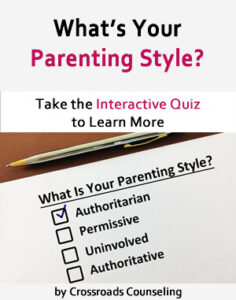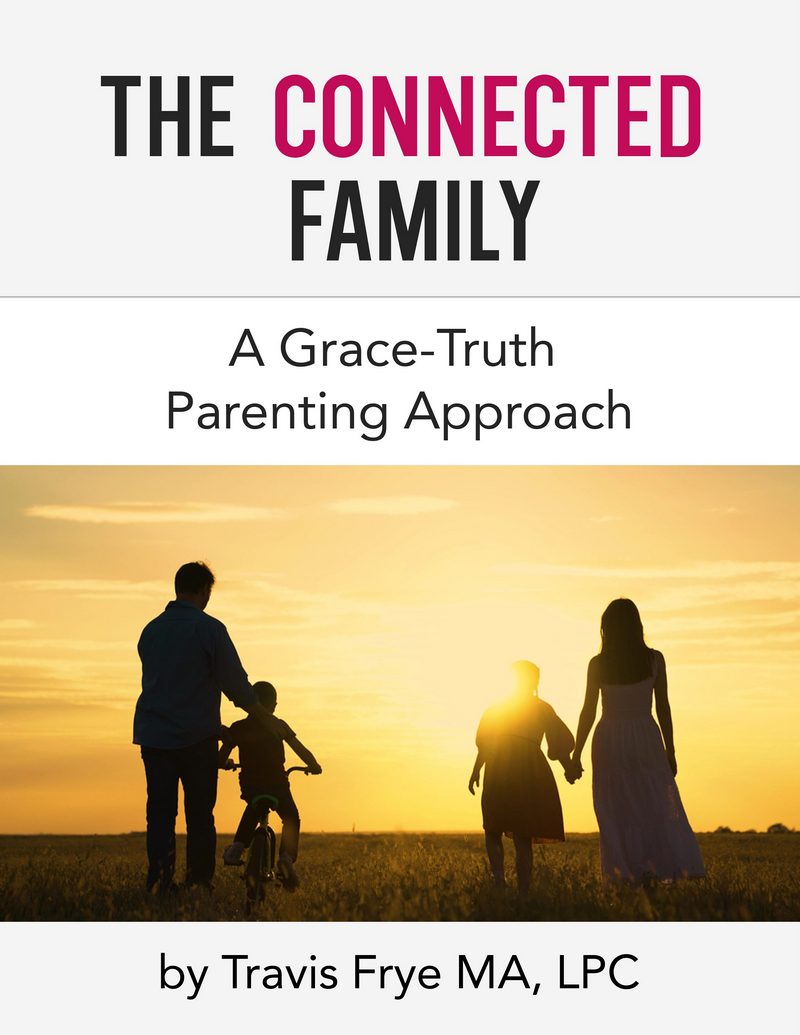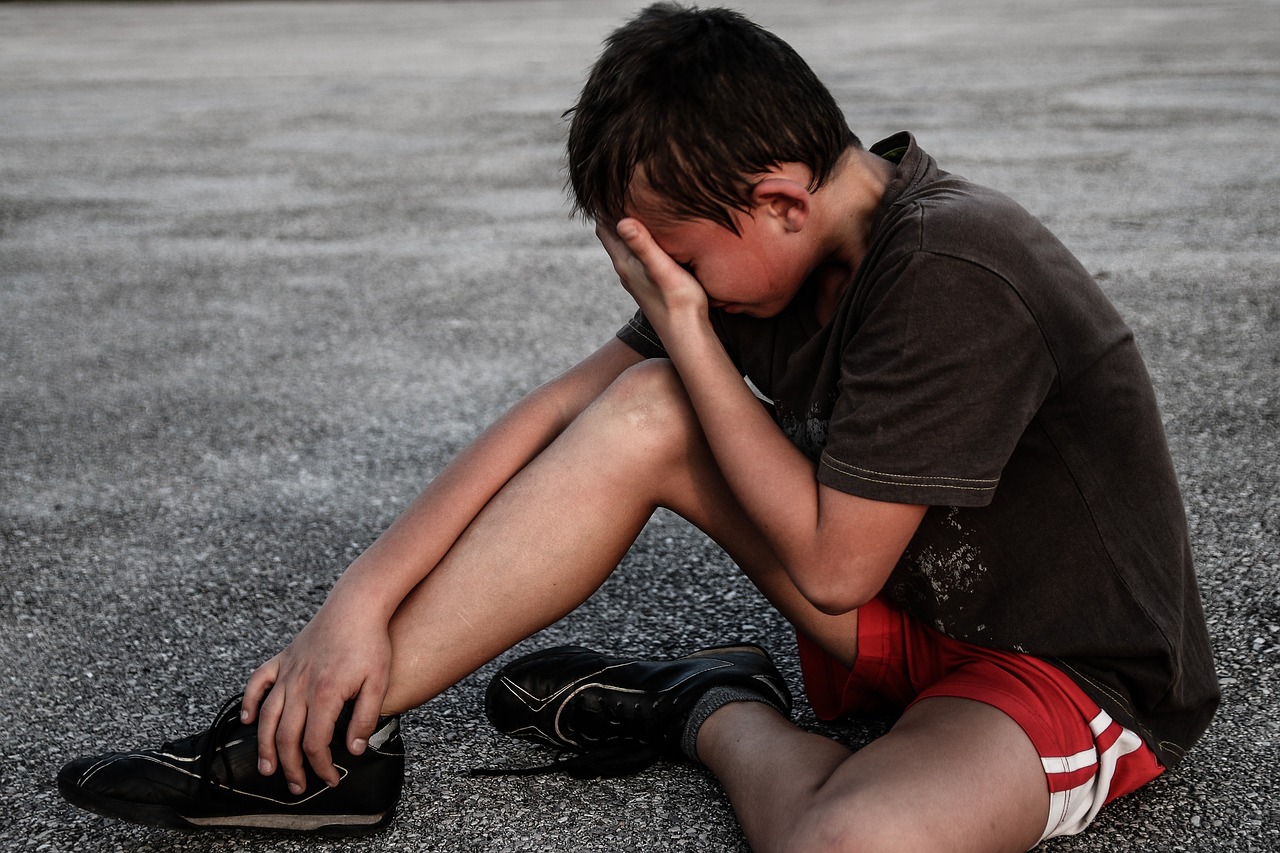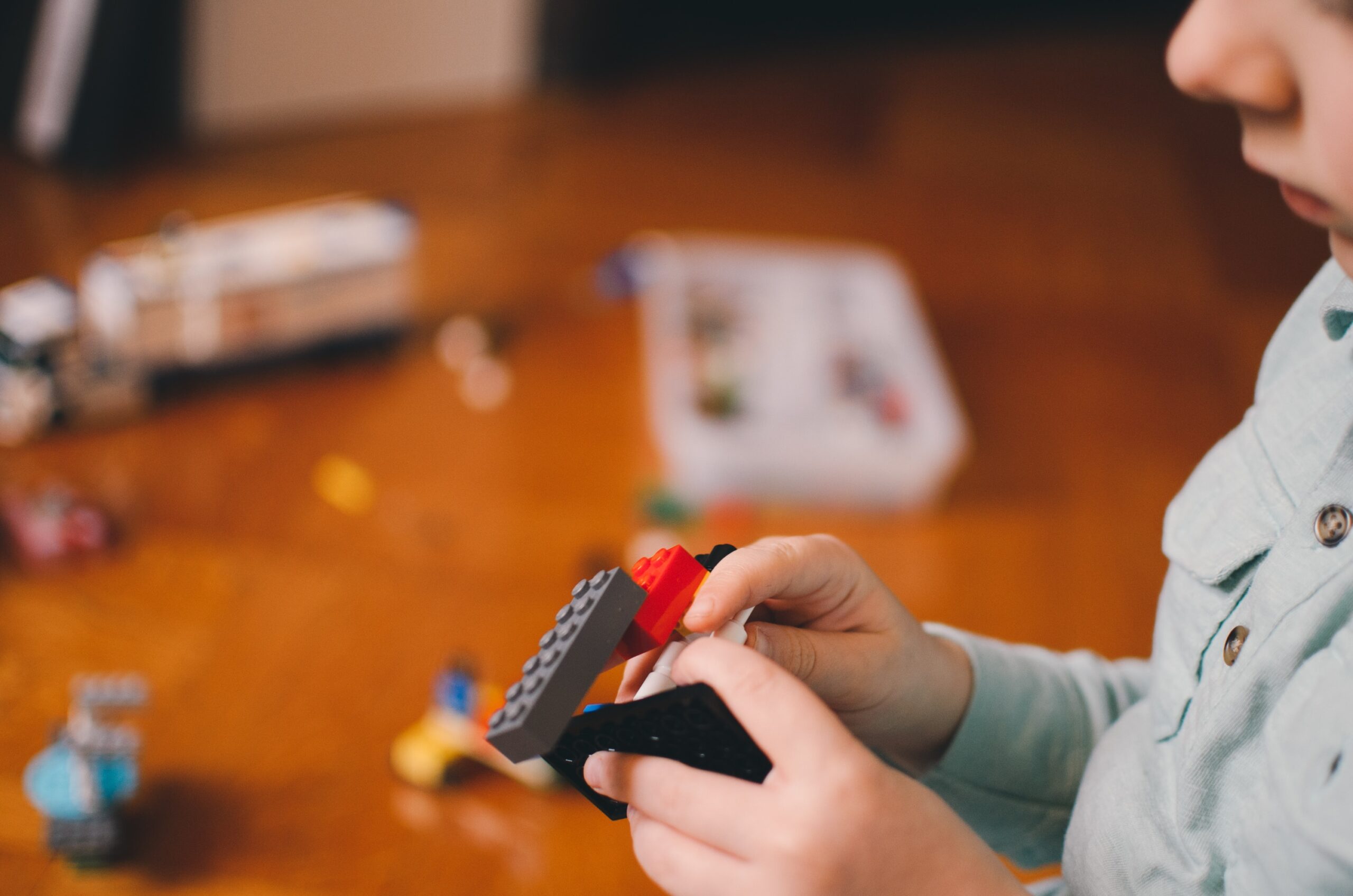It’s not uncommon for teens to deal with different types of stress. And anxiety is a normal response to certain stresses in life.
But, how can you tell when it goes from normal, everyday stress to something much more?
No parent wants to see their teenager struggle. Spotting some of the warning signs of anxiety early on can make it easier for you to know when they might need help.
One of the best things you can do is to simply pay attention. You know your teen better than anyone. Noticing changes in their behavior that seem “off” can be a big red flag.
But, what can you look for, specifically, to spot the signs of anxiety? Consider some common symptoms.
Emotional Shifts
Shifting emotions in your teen can sometimes be hard to spot. They’re often very subtle. Or maybe your teenager was already a worrier, to begin with. But, if you start to notice that your teenager feels on edge most of the time, it could be a sign of something more.
Other emotional changes include:
- Restlessness
- Random outbursts of anger or fear
- Easily-irritable
If your teenager has difficulty concentrating or always has a need to keep themselves distracted, this could be another sign of anxiety.
Changes in Relationships
Teenage friendships and relationships might seem to change constantly. But there’s a good chance you have an idea of what your teen’s relationship with their friends and their social life are really like.
You might start to notice that your teenager doesn’t want to hang out with their friends, or they cancel plans. Maybe they start isolating themselves and want to spend most of their time alone. For some teenagers, that’s more normal, but if your teenager was a social butterfly before and suddenly doesn’t want to spend time with their friends, it’s a red flag.
So, while it’s not abnormal for friendship circles to shift, if your teen’s interactions with their social circle are changing radically or their social behaviors have taken a bad turn, it could be a sign of anxiety.
Physical Manifestations
Anxiety can become so prevalent that it actually causes physical symptoms. That’s true for everyone who experiences it, not just teenagers.
When you do see your teen going through some sudden physical challenges, though, it can be distressing. Of course, it’s always a good idea to make sure there isn’t something medically wrong if they start having physical health issues.
But keep your eyes open for some of these common problems that can be related to anxiety, including:
- Headaches
- Stomachaches
- Fatigue
- Aches and pains in the body
Your teen might also complain of not feeling well all the time. When they don’t have an explanation for their sickness, that can be worrisome. But it also might be a clearer indication that anxiety is the culprit.
Finally, anxiety can also lead to sleep problems. If your teenager is having trouble sleeping at night, that’s typically a big red flag.
There are plenty of old stereotypes about teenagers being able to sleep the day away. If your teen was once able to sleep for hours at a time but now is struggling with insomnia, they could also be struggling with anxious thoughts.
How Can You Help Your Teen?
Again, no parent wants to see their teenager in any kind of distress. Anxiety needs an official diagnosis before it can be treated. So, paying attention to some of the warning signs and changes will make it easier to get your child the help they need.
There are a variety of management options for anxiety, including therapy. If you think your teenager is struggling, don’t hesitate to offer them the help they deserve. If they’re able to learn to manage the effects of anxiety now, they’ll be better equipped to deal with it in adulthood.
Teen Counseling in Phoenix, Scottsdale, and online in all of Arizona
If your teen could benefit from meeting with a therapist please reach out. Our team of therapists work with teens struggling with anxiety, relationships, depression, and with teens who just need some extra support. We are happy to offer services from our Phoenix, AZ-based practice, Scottsdale, and online in all of Arizona. You can start your therapy journey by following these simple steps:
- Contact Crossroads Counseling
- Meet with a teen therapist
- Help your teen find better ways to deal with anxiety
Our offices are located throughout the valley with counseling centers located in Phoenix, Anthem, Scottsdale and online. Call us at 623-680-3486,text 623-688-5115, or email info@crossroadsfcc.com. We offer a complimentary 20-minute phone consultation to answer your questions and better understand how we can help you. Contact us to learn more about the variety of mental health services that Crossroads Counseling offers.







